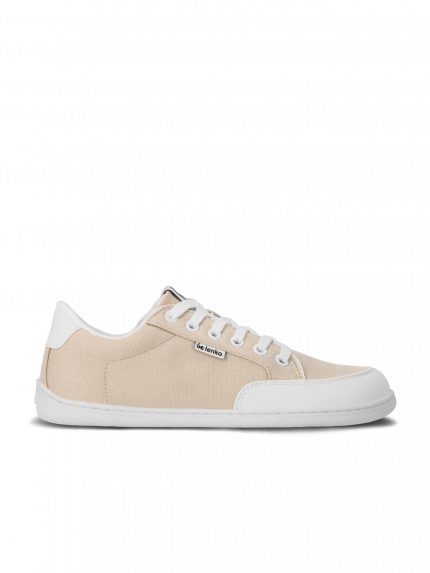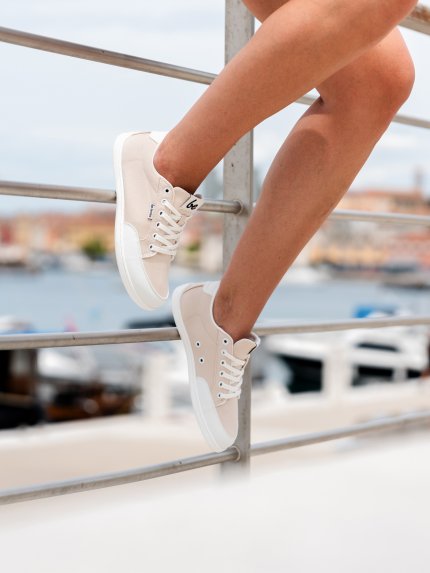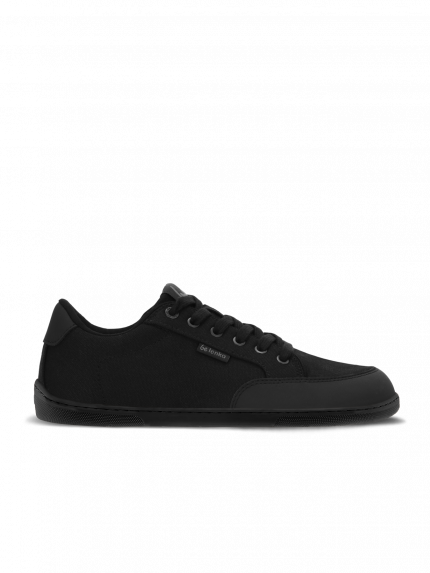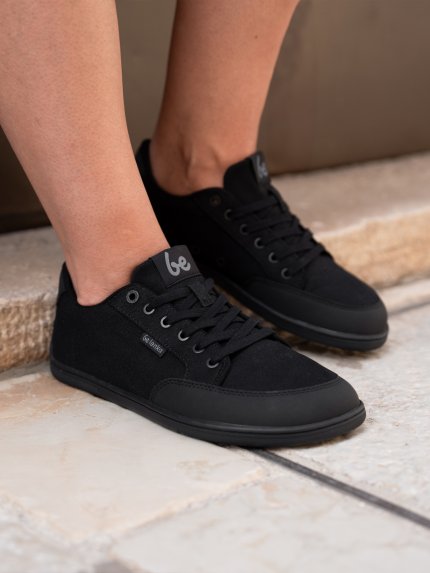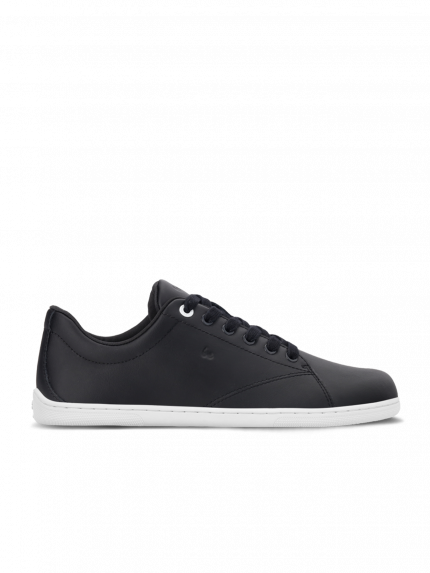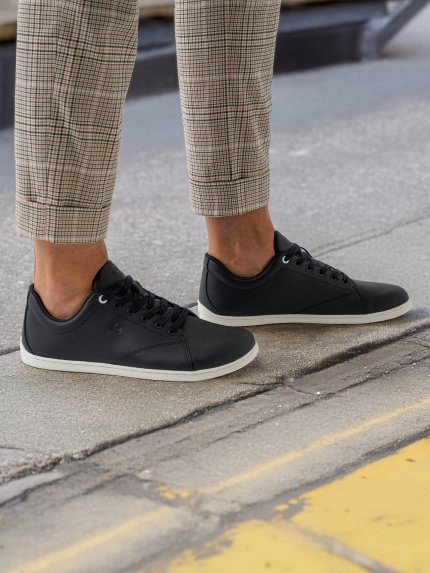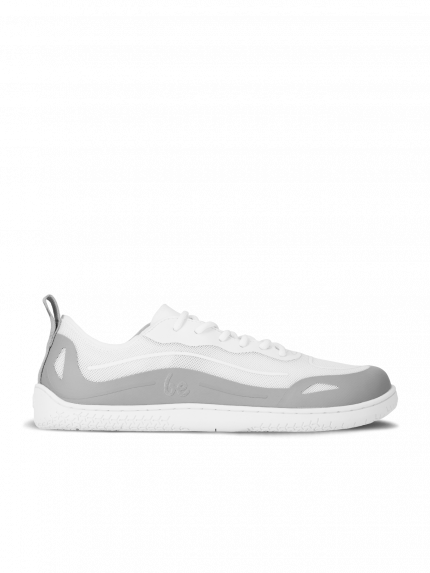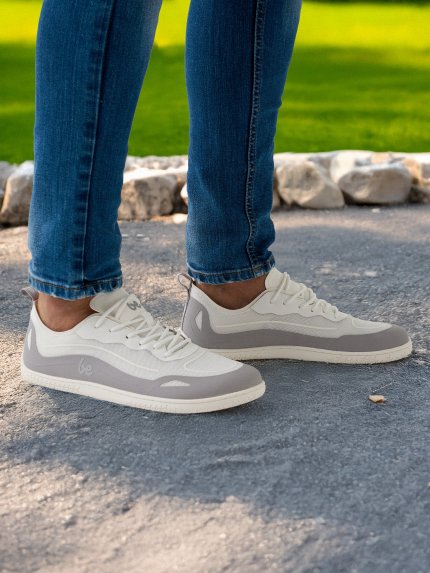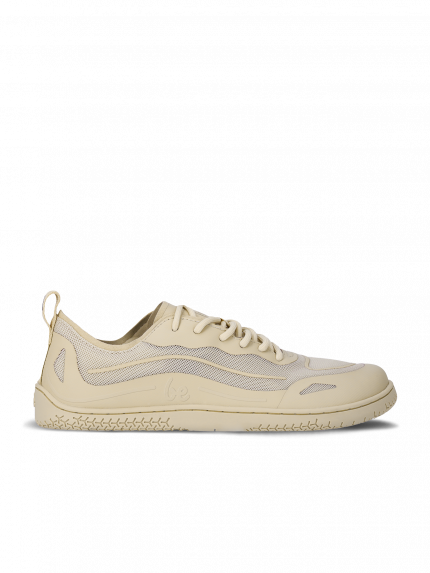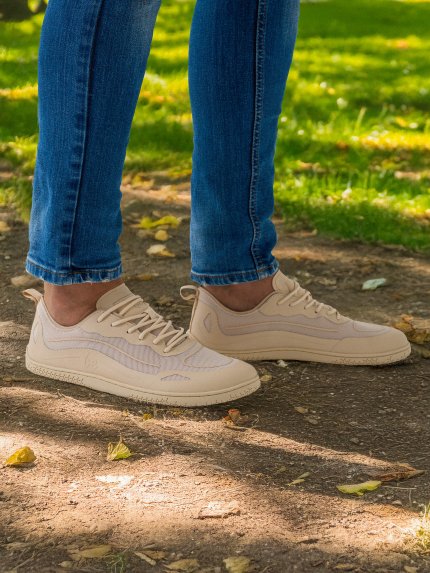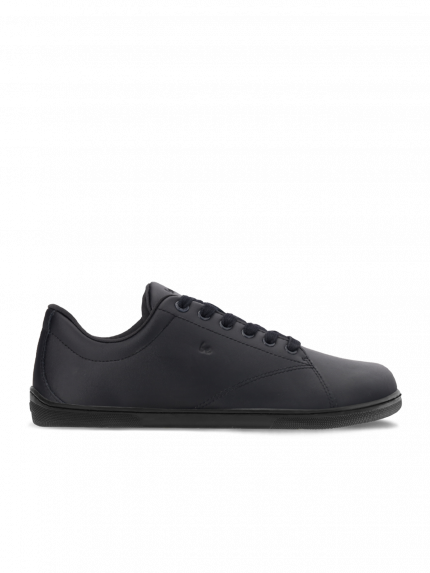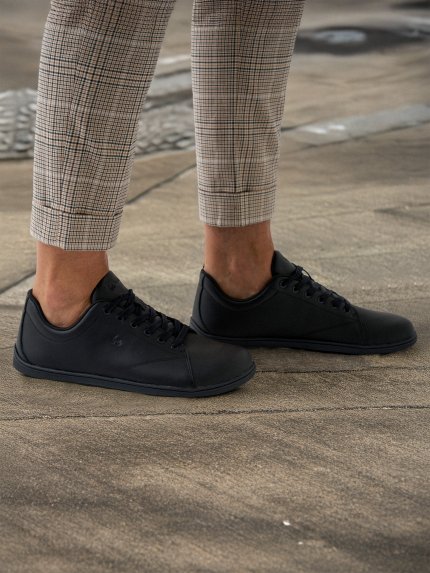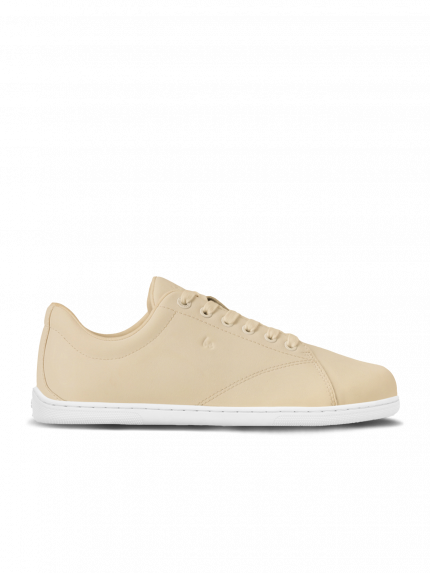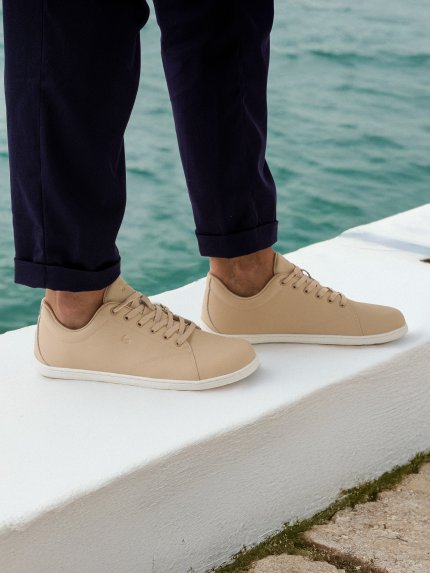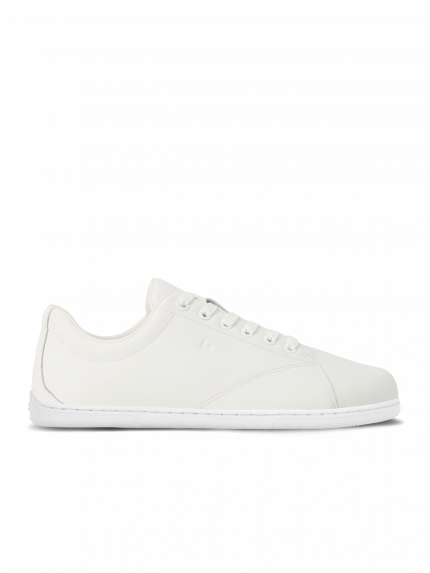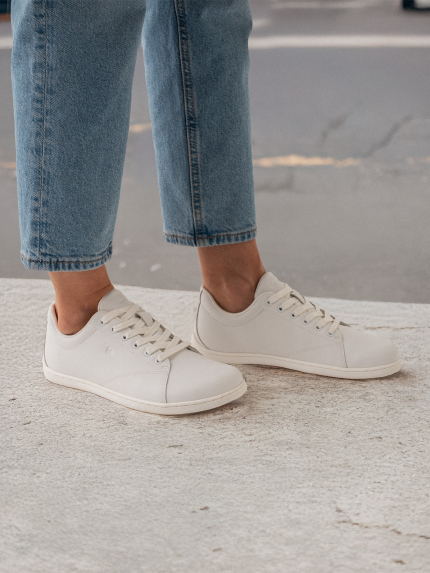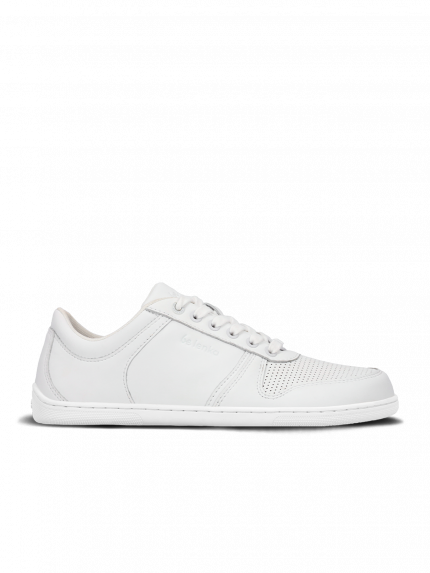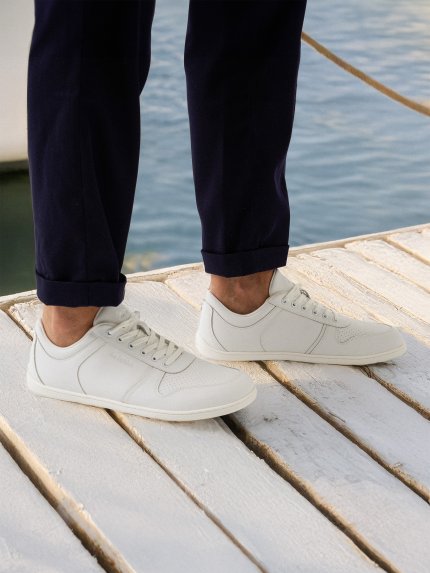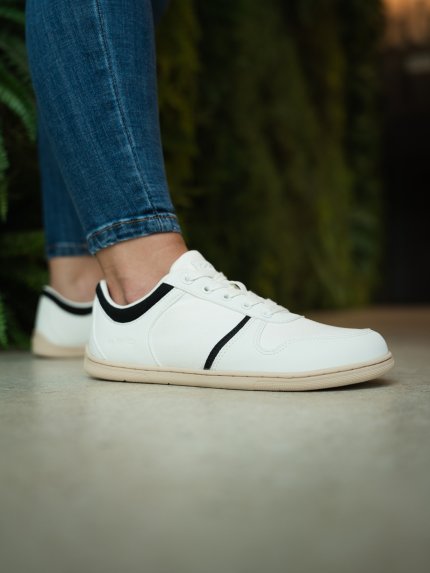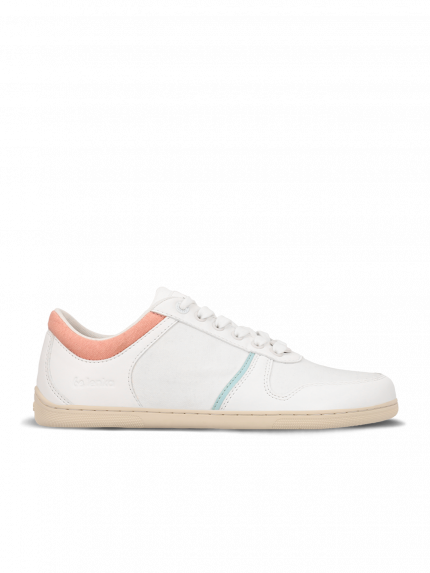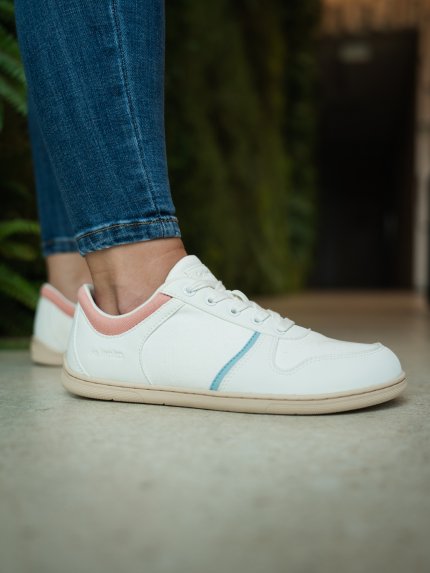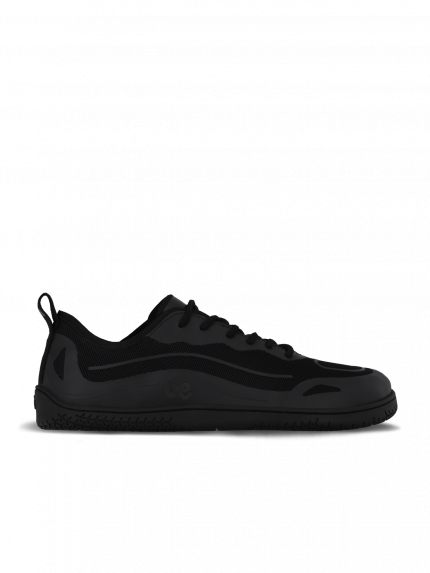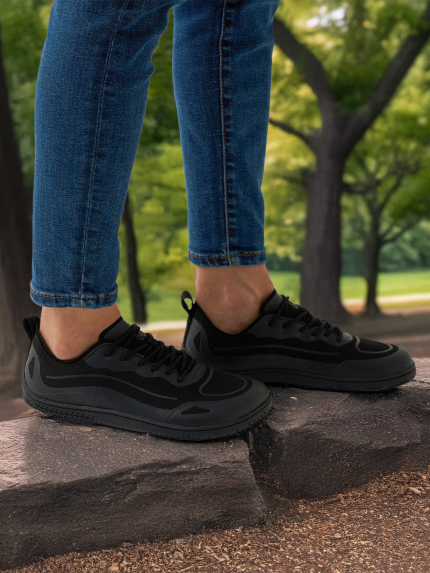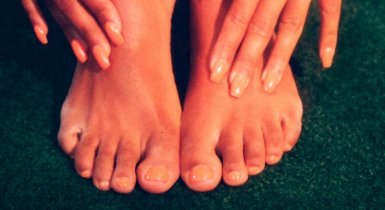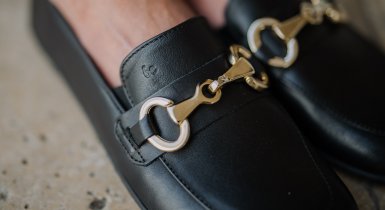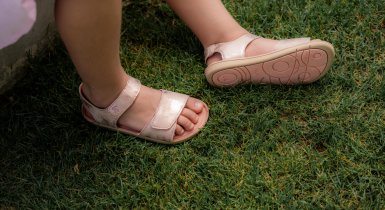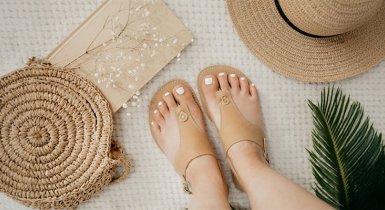Roman, Egyptian or Greek. Which type of feet is yours?
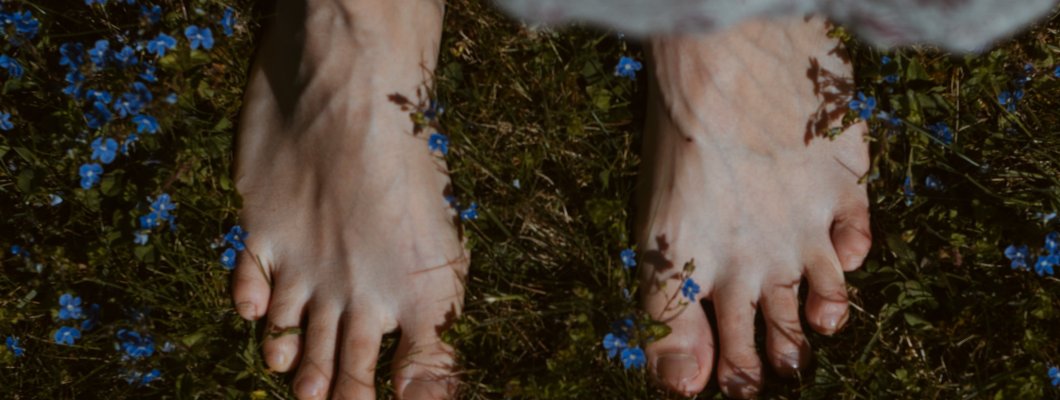
Have you ever paid attention to the particular shape of your feet? Roman, Egyptian, or Greek are the names of the most common types of feet. Knowing what type of feet you have may be more important than it seems. Choosing the right type of shoes and the correct size based on your feet and dominant toe is crucial for the health and development of your feet. Choosing the right barefoot shoes that provide an ideal leeway of approximately 0.5-1.2 cm can help your feet rediscover their proper functionality. A roomy toe-box can act as a prevention against deformities such as hallux valgus and hammertoes, which are often caused by wearing ill-fitting shoes for a long period of time.
Article content
Updated 10/6/2023
No matter what type of feet you have, if you want to know how to measure your feet correctly, check out our video.
Egyptian foot
One of the most prominent characteristics of the Egyptian foot is that its big toe is significantly longer than the rest of the toes, which slope downwards at a 45-degree angle. This foot type is the most common, found in almost 70% of the population, and is widely considered to be the most aesthetically pleasing and symmetrical. However, individuals with different types of feet may disagree on this point. A study by Ogawa and Hyakusoku suggests that people with Egyptian feet are less likely to experience ingrown toenails.
Interesting fact: Scientists studying Egyptian mummies have discovered that special orthoses were worn on the big toes to create the illusion of a longer, leaner foot in accordance with ancient Egyptian beauty standards.
Choose the right type of shoes: If you have an Egyptian foot shape, it's important to find shoes with a spacious toe area to accommodate your dominant big toe comfortably. To determine your shoe size, measure the length of your foot from your big toe to your heel, and make sure to add an additional allowance of 0.5-1.2 cm to get the most accurate size.
Roman foot
One of the most distinct features of the Roman foot is that its first three toes are of equal length. The fourth and fifth toes slope slightly downward. Only a quarter of the population have this type of foot. The foot looks wider than it is due to the prominence of the three dominant toes. However, this can be advantageous, as these toes are able to distribute weight effectively. This may be why the Romans were able to cover vast distances when expanding their Empire, but we can only speculate.
Interesting fact: The Romans developed a system of measuring feet to determine the appropriate size for footwear.
Choose the right type of shoes: Having a square-ish foot can limit the owner's options when choosing shoes. There are more suitable choices than pointy and narrow shoes. They are unhealthy for the feet, so there is no reason to feel sad about it. On the other hand, Roman feet are comfortable in shoes with a roomy forefront or open sandals.
Greek foot
It's common for people with Greek feet to have their second toe being the longest. Therefore, they should choose the size of their shoes considering this feature. However, this type of foot is quite rare, as it occurs only in 5% of the population.
Studies have shown that Greek feet are more prone to developing blisters. Although some people may be born with a different type of foot, they could switch to the Greek type over time by developing a condition called hallux. Hallux valgus is a severe problem, and if left untreated, it can cause the bones in the foot to shift and deform. As a result, the big toe moves inwards, making the second toe look prominent.
Due to body weight distribution in Greek feet, pressure on the second toe can lead to foot pains. These pains can be felt on the second toe or sometimes on the first toe.
Interesting fact: This type of foot is usually hereditary.
Choose the right type of shoes: A foot with a longer second toe may require a shoe with a roomy toe box to feel comfortable. When measuring the foot, start from the longest toe and measure to the heel. This foot type is best suited for open shoes or shoes with roomy toe-boxes.
Apart from the most common types of feet, a few different types are not so frequently encountered. Understanding your foot type can be helpful because knowing your feet well helps to keep them healthy and functional. When we know our feet, what suits them and how to measure them correctly, we can select the proper footwear and lower the likelihood of developing foot-related issues, as well as deformities caused by shoes that don't fit properly.
German foot
The longer big toe is a prominent characteristic of German feet. The other toes are usually of the same length, although the little toe may be slightly shorter. This gives the foot a bulky, square-like appearance, as seen in Roman feet.
Choose the right type of shoes: A square-ish type of foot needs roomy shoes or shoes with an open forefront. Sandals are always a good choice. Avoid narrow and pointy shoes, as you may risk developing deformities and foot-related problems.
Celtic foot
The Celtic foot type is a blend of German and Greek characteristics. It is characterised by the second toe being dominant, sometimes significantly longer than the big toe. The other three toes are the same length or slant downwards. The foot appears to be massive in size.
Interesting fact: The Celtic foot is regarded as the most intricate and exceptional type, although it is not the rarest. It is almost impossible to find two pairs of Celtic feet that look identical, as each pair has slight differences, but they still fall under the Celtic category.
Choose the right type of shoe: Celtic feet need roomy or open forefront. This unusual shape cannot fit into shoes with narrow, pointy or round toe-boxes.
Have you ever been curious about your ancestry that dates back centuries? Do you believe that the shape of your foot can provide insight into your heritage? While scientists have proposed various theories, there is no conclusive evidence to confirm or deny their accuracy. Ultimately, it remains a matter of speculation.
It's a fact that every person has unique feet. That's why it's important to choose the right shoes that fit perfectly. Be Lenka barefoot shoes are an excellent choice for everyone, regardless of the type of feet they have - be it Egyptian, Roman, or Celtic. What matters most is measuring your feet correctly and selecting the best barefoot shoes for your size. With Be Lenka shoes, you can experience the utmost comfort and let your feet thrive in the best possible way.

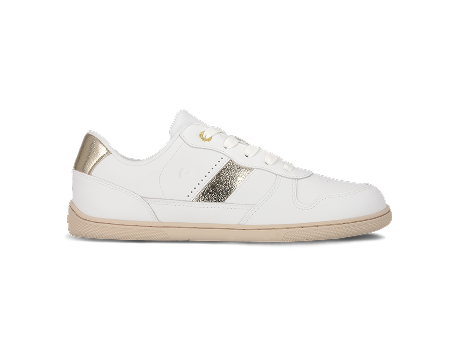
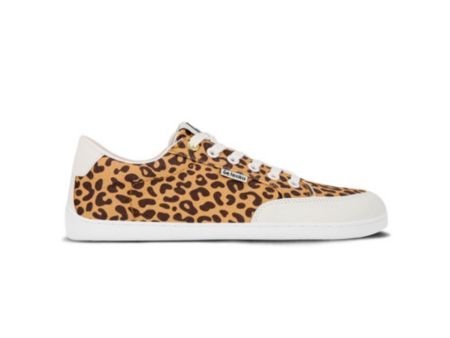
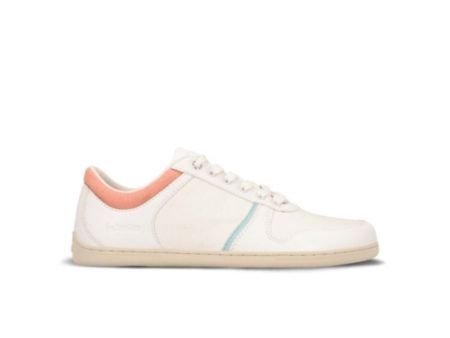
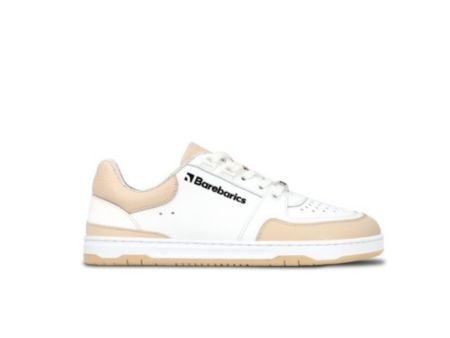
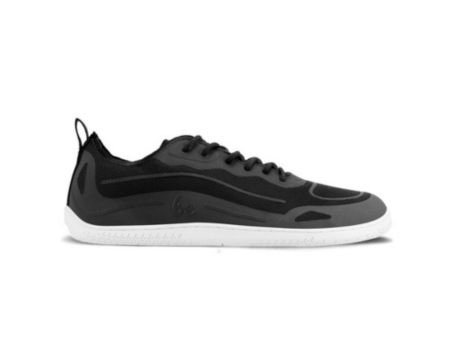
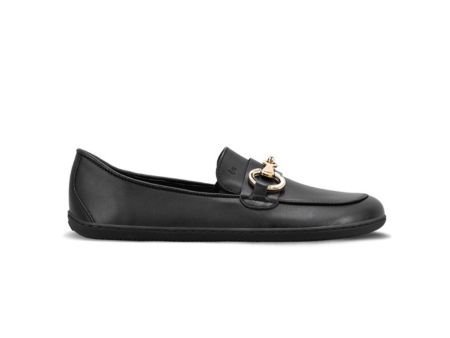
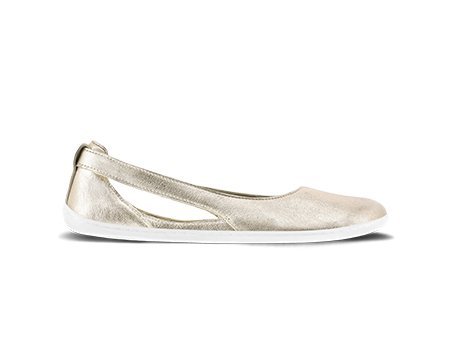
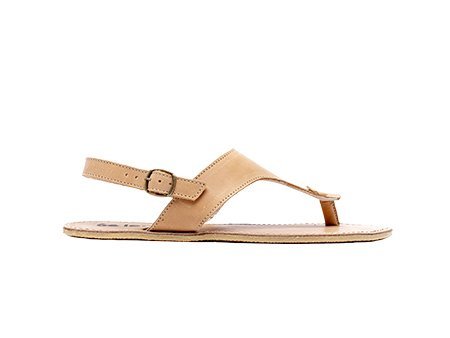
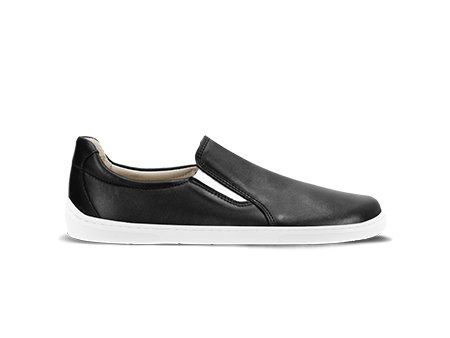
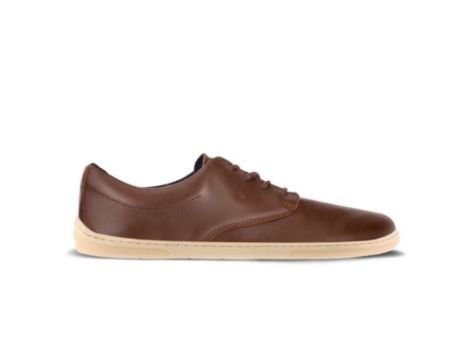
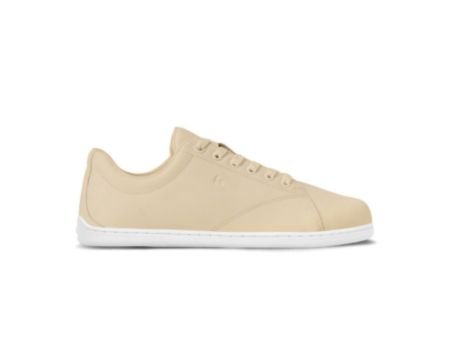
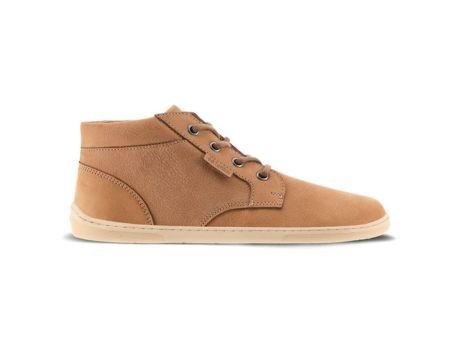
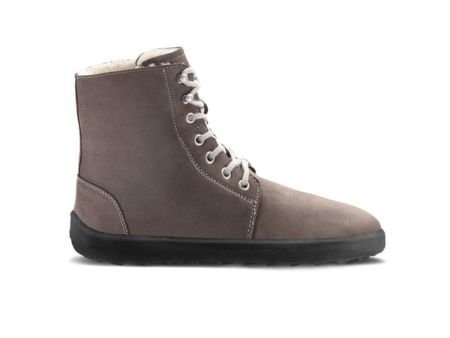
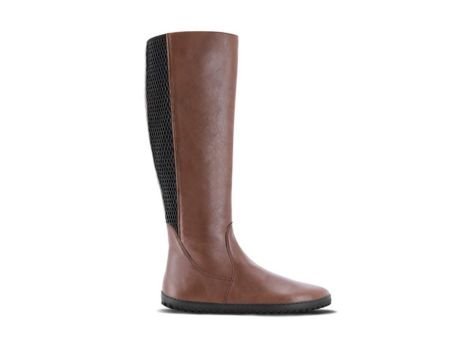
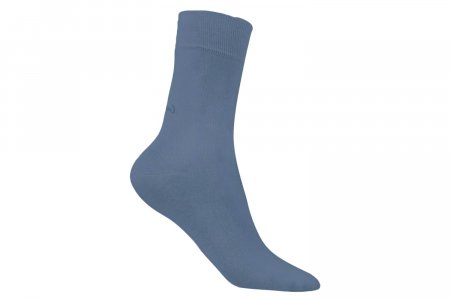
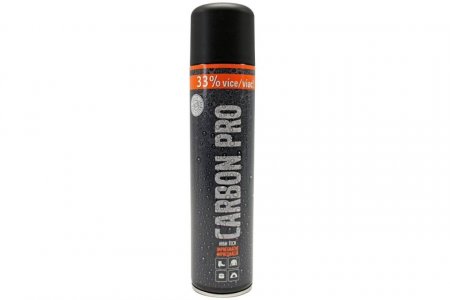

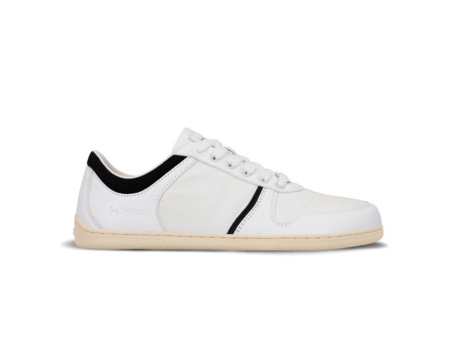
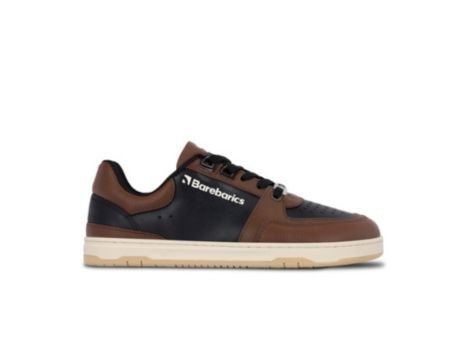
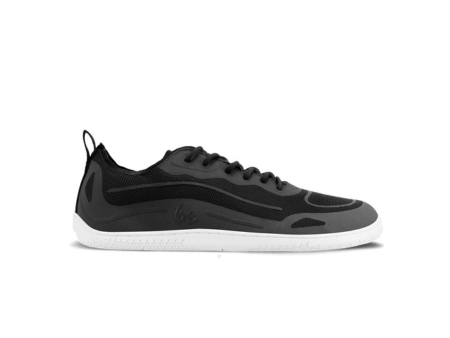
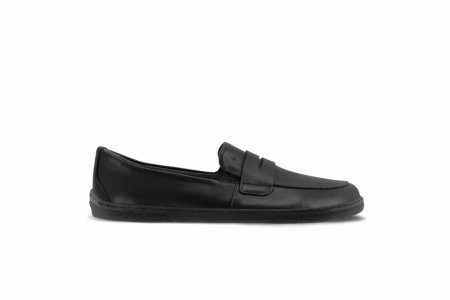
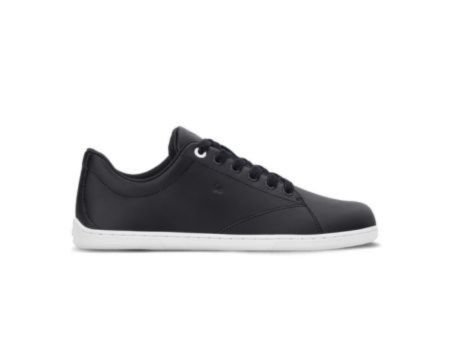
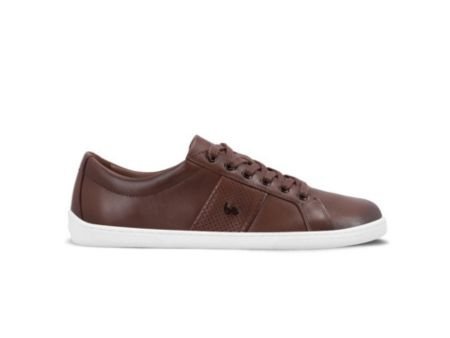
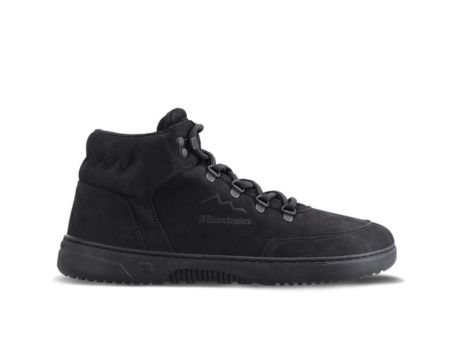
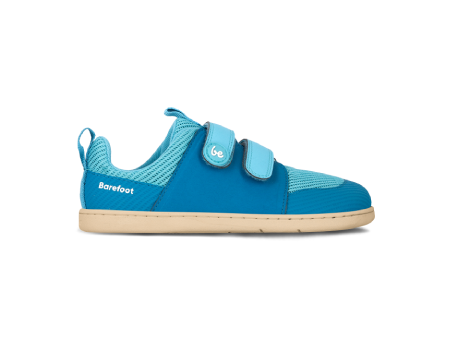
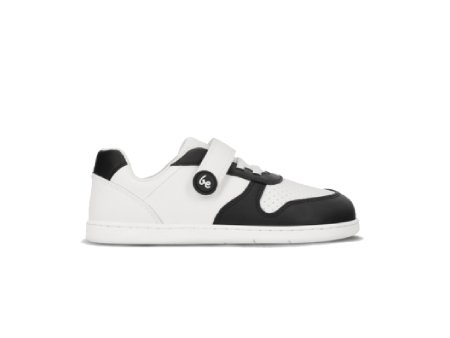
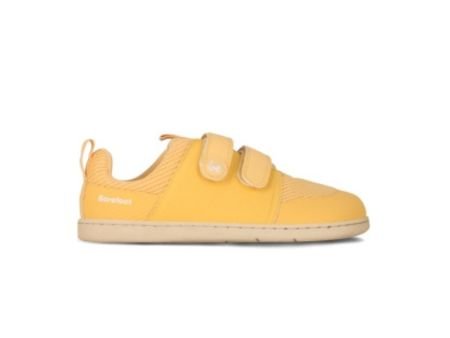
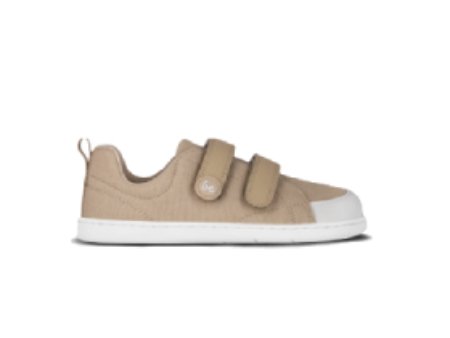
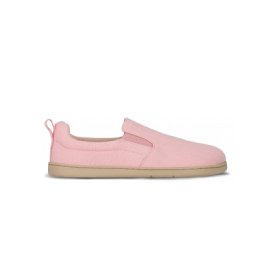

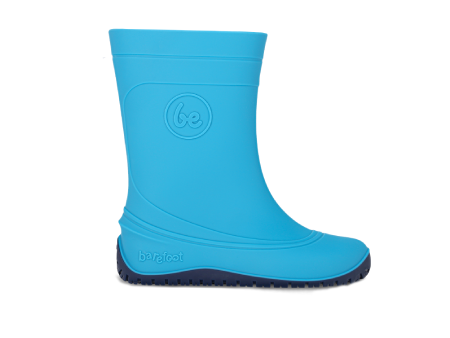
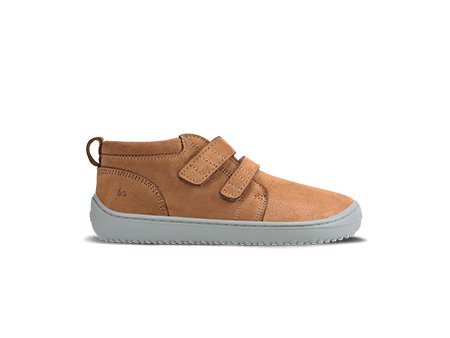
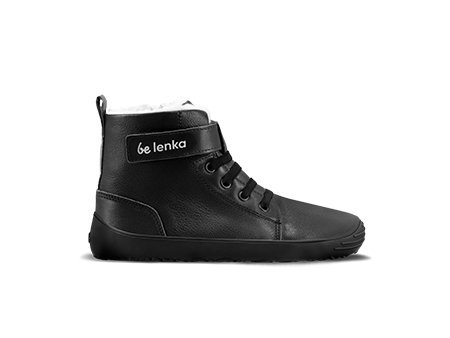
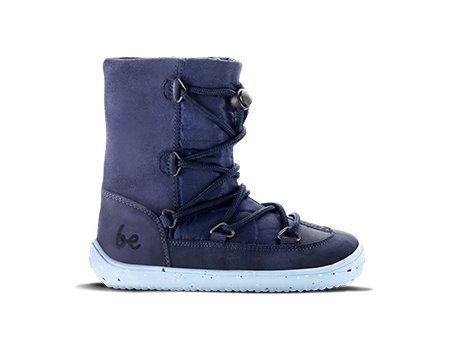
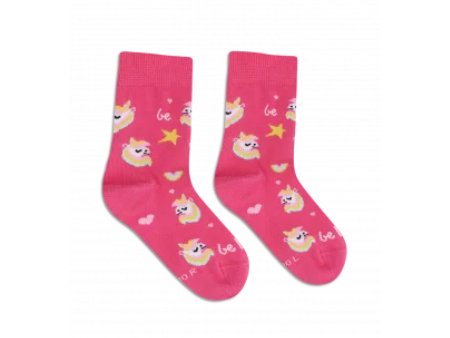

 Be Lenka
Be Lenka
